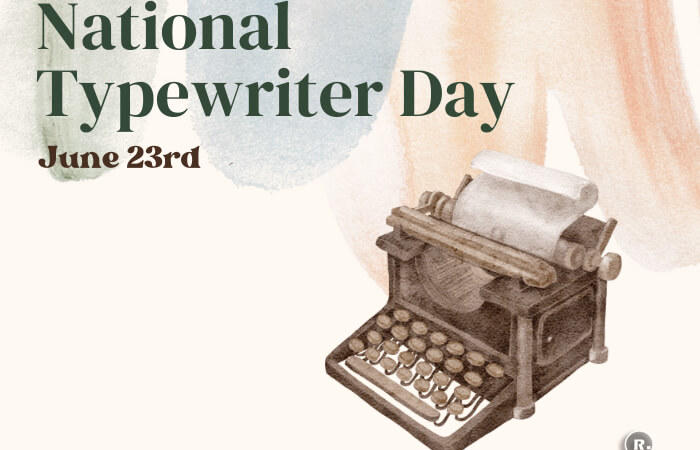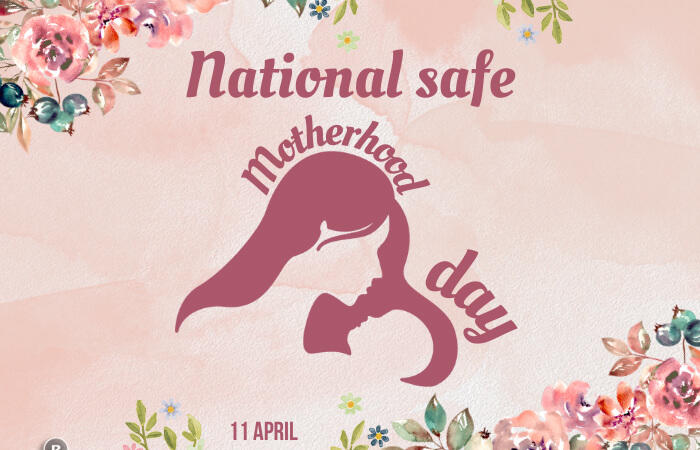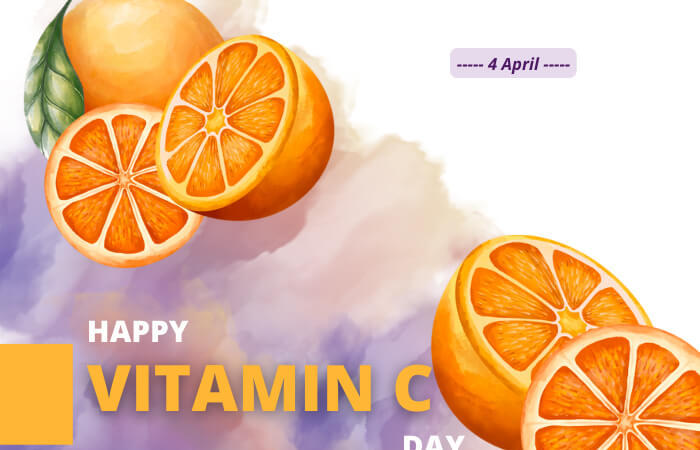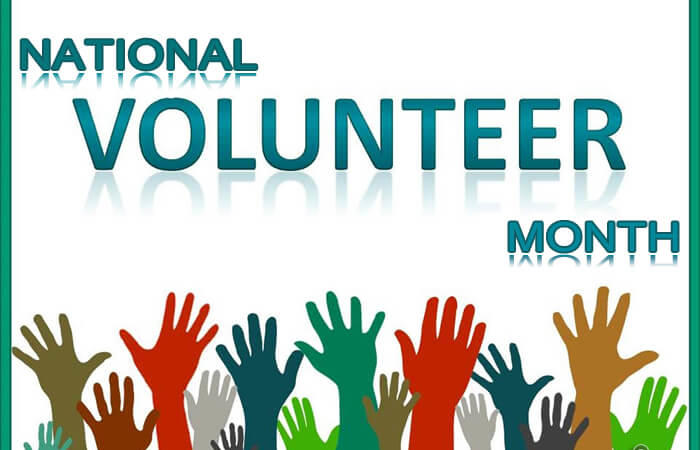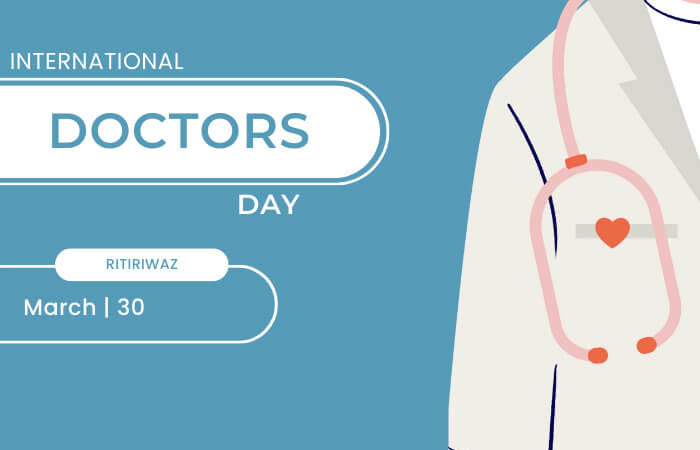Central Excise Day – February 24
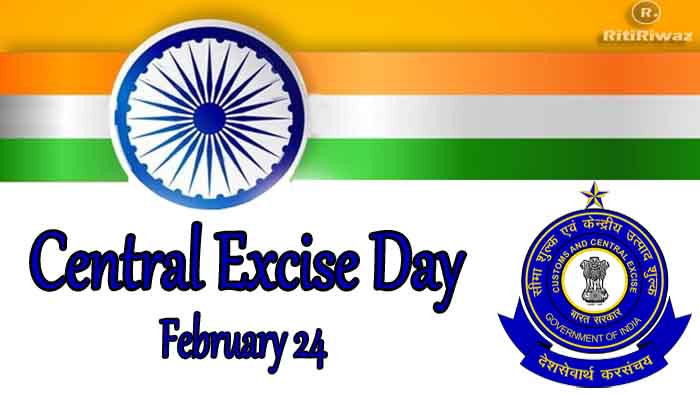
Central Excise Day is observed on February 24th every year across India to encourage the employees of the excise department to carry out the central excise duty all over India in a better way. Central Excise Day aims to prevent the corruption in goods manufacturing business as well as implement other rules to carry out the best possible excise services.
The Central Excise department reformed the tax system to facilitate payment of taxes and increased the use of techniques. The Board of Excise and Customs (CBEC) organizes seminars, workshops, trade interactions, educational and cultural events, awareness programs, competitions, and award ceremonies all over the country to celebrate this day.
History of Central Excise Day
The Central Excise Day is celebrated every year to commemorate the Central Excise and Salt Act which was enacted on 24th February 1944. The day was also historic for the reason that the 14th Finance Commission had recommended an unprecedented hike in the States’ share of Central taxes by 10 percentage points from 32% to 42%, which is a move in the direction of “cooperative federalism”. Central Excise Department plays a stellar role in contributing to the nation-building and economic development of the country.
Purpose of Central Excise Day
The Central Excise Board is a government agency responsible for administering matters relating to customs, central excise, service tax, and narcotics. Central Excise Department collects maximum tax at minimum cost and the main purpose of celebrating this day is to tell the people about the importance of excise and service tax. “Excise duty” is an indirect tax levied on goods manufactured in India for domestic consumption. The tax is levied on manufacturing and Central excise becomes payable as soon as the goods are manufactured. It is a tax levied on manufacturing that is paid by the manufacturers who pass on their tax burden to the customers.
The Central Board of Excise and Customs (CBEC) is a part of the Department of Revenue under the Ministry of Finance, Government of India. It formulates policies related to the levy and collection of Central excise and Customs duties. It also handles cases related to smuggling prevention and customs, central excise, and narcotics-related to administration failing within the jurisdiction of CBEC.
The board is the administrative authority of its subordinate organizations including Custom Houses, Central Excise Commissionerate, and Central Revenue Control Laboratory. The chairman, who is the ex-officio special secretary to the Government of India, heads the CBEC. In addition, CBEC consist of five members, who are ex-officio Additional Secretaries of the Government of India. The chairmen and members of CBEC are selected from the Indian Revenue Service (IRS), the premier civil service of India. These members constitute the top management of the Central Excise and Customs Department. The CBEC’s support members are chosen from the IRS and other major civil services in the country and are assisted by several offices affiliated with it.
Important facts related to Central Excise Day
1. Central Excise is one of the oldest departments of India, established by Britishers in 1855.
2. “The Central Excise Act 1944” was known as “The Central Excise & Salt Act, 1944” before the year 1996.
3. Earlier there were only 67 items mentioned in the original act on which Excise Duty was levied, but now the number is in thousands.
4. At present Central Excise Department has 23 Zones, 100 Commissionerates, 460 Divisions & 2614 Ranges for Tax Collection & Law Enforcement Activities across India.
5. “Power to Arrest” was given to Central Excise Officers in 1973 by Union Govt, whereas “Power to Arrest” in Service tax matters was given in 2013.
6. Central Excise Department has won the “Best Anti-Smuggling Agency of India” prize maximum times beating other Govt. agencies like BSF, ED, NCB, Income Tax, ITBP, etc.
7. Intelligence Agency of Central Excise, ‘Directorate General of Central Excise Intelligence’ (DGCEI) was established in the year 1979 & till the year 2000 it was known as ‘Directorate General of Anti Evasion’. With only 300 officers across India, DGCEI detects more Revenue Evasions cases than heavily staffed agencies like Enforcement Directorate & Income Tax Investigation.
8. The term ‘Excise’ means “to cut” and is a Latin word that means Inland Tax.
9. Till the early 1954 Central Excise Department was known as “Customs, Excise & Tobacco Department”. But after the Union Budget of 1954, the Department was renamed as “Indian Customs & Central Excise Department” & the production tax on Alcohol was transferred to State Government.
10. Central excise has turned into the crucial wellspring of the budgetary advancement of the nation for better financial improvement in India.
Suggested Read: Important Days In February

